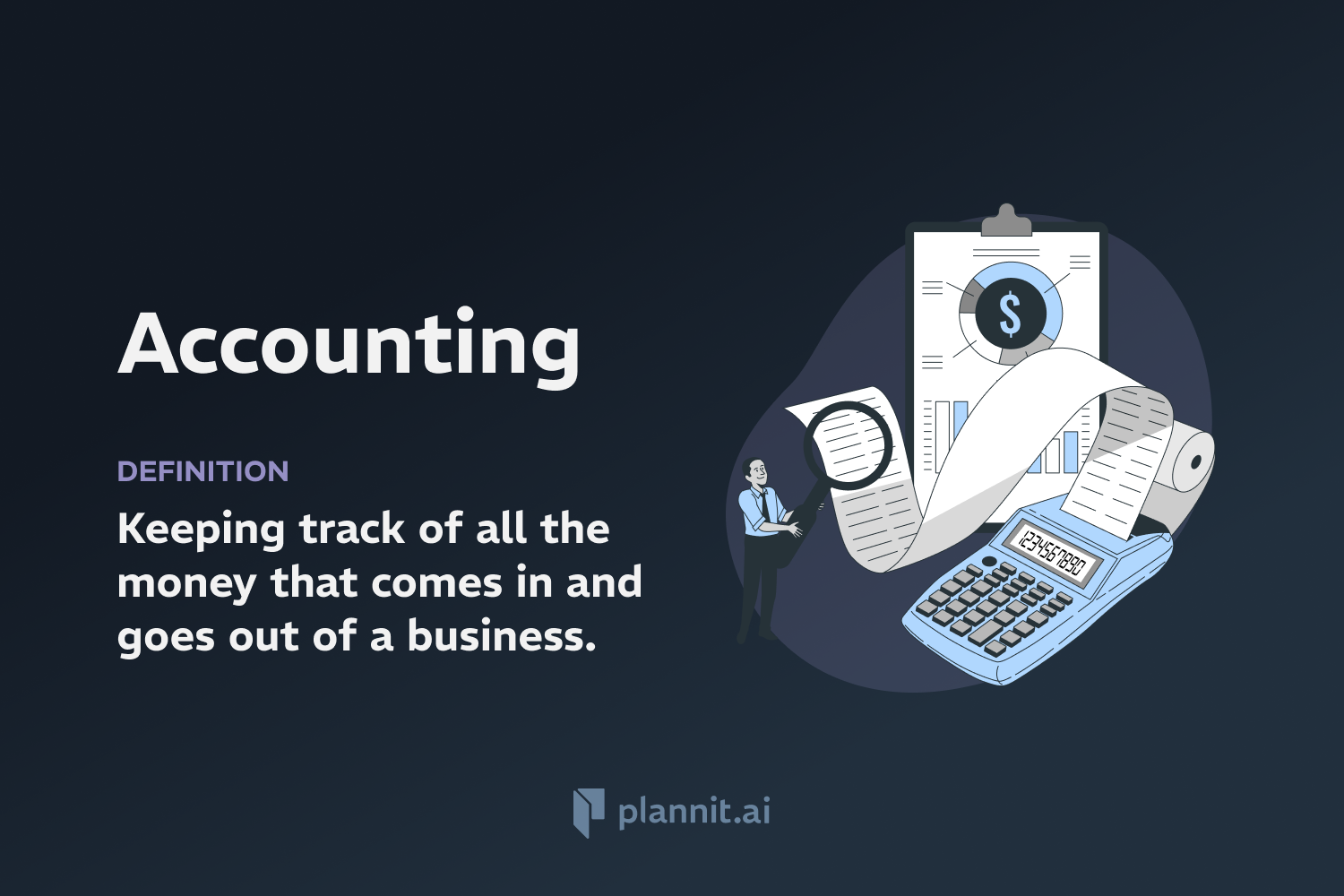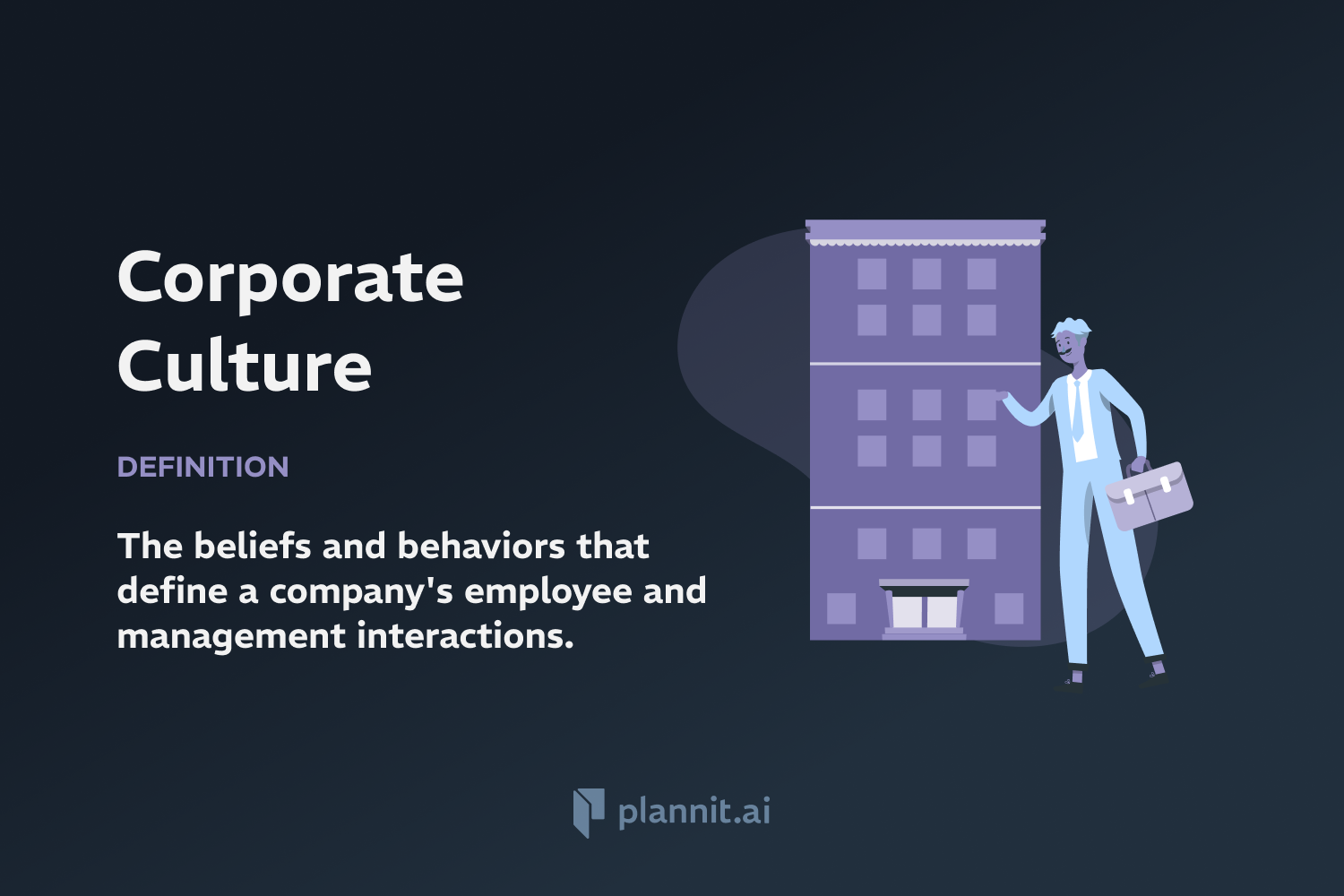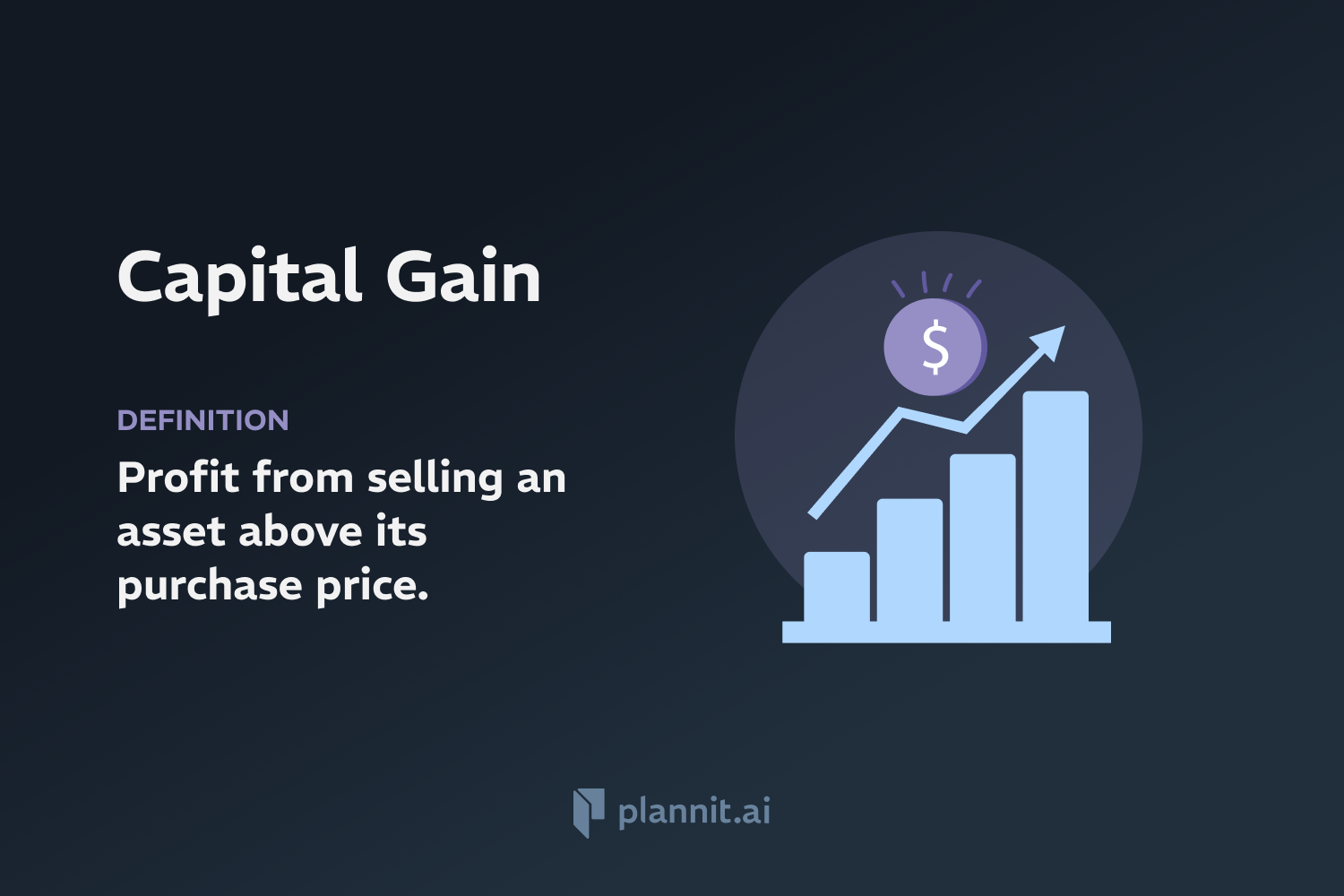Need Help With Your Business Plan?
Answer tailored questions and get a detailed business plan in minutes.
Accounting: Definition & In-Depth Explanation

Accounting is primarily used in business to record, summarize, analyze, and report financial transactions. It's essential across various scenarios such as budgeting, tax preparation, financial reporting, investment analysis, and management decision-making. Companies of all sizes, from startups to multinational corporations, rely on accounting to keep their financial operations transparent and compliant with regulations.
Purpose:
The purpose of accounting in business is to provide stakeholders, including management, investors, creditors, and regulatory bodies, with accurate financial information. This information is crucial for informed decision-making, strategic planning, evaluating the financial performance and health of the business, ensuring statutory compliance, and facilitating effective resource allocation.
Example:
A retail company records all its sales, purchases, expenses, and income to determine its financial position at the end of the fiscal year. Through accounting, it compiles a balance sheet that shows its total assets are $500,000 and liabilities $300,000, indicating a positive equity of $200,000. This financial information helps the company's management to make decisions about future investments, cost-cutting, or expansion strategies.
Related Terms:
Financial Accounting: Focuses on the preparation of financial statements for external stakeholders.
Management Accounting: Provides internal management with the information needed for making informed business decisions.
Bookkeeping: The process of recording daily transactions in a consistent way, and a subset of accounting.
Audit: A formal inspection of an organization's accounts, typically by an independent body, to ensure accuracy and compliance.
Cost Accounting: A method of accounting that focuses on capturing a company's total costs of production by assessing the variable costs of each step of production as well as fixed costs.
FAQs:
What is the difference between accounting and bookkeeping?
Bookkeeping is the process of recording daily transactions in a systematic manner, which is a foundational part of the broader accounting process that includes analyzing, interpreting, and reporting financial data.
Why is accounting important for small businesses?
It helps small business owners track their financial transactions, manage their cash flow, make informed decisions, and comply with legal and tax obligations.
How often should a business do its accounting?
While daily updates are ideal for accuracy, the frequency can depend on the size and complexity of the business. Monthly accounting is a common practice for many businesses.
Can accounting help in reducing business expenses?
Yes, by analyzing financial reports, a business can identify areas of excessive spending or underutilization of resources and adjust accordingly.
What is the role of accounting software?
Accounting software automates financial transactions and reporting, reducing errors, saving time, and providing real-time insights into the financial health of a business.
Get funding with a business plan that will impress investors.
Starting a New Business?



